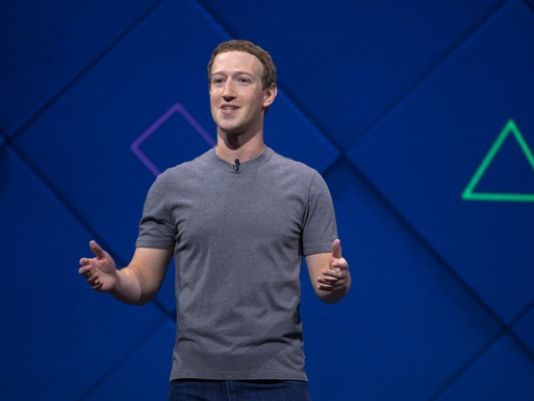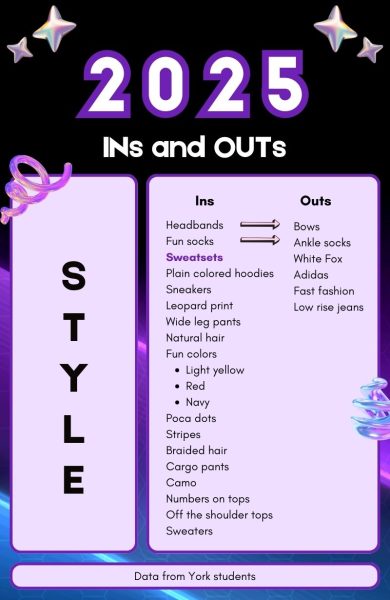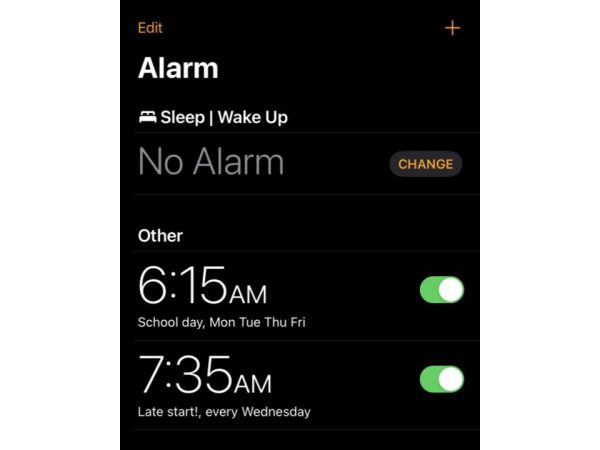“Personal” information: online data influences more than you think
You’re searching for something on social media or maybe online shopping. Later, when you’re scrolling through your timeline, an ad pops up for the same product you were looking at before. How does this website know you’re interested if you were searching for it on another site? This is an example of services selling your information, and it happens more than you think.
Google even says it on their privacy page: “much of our business is based off of showing ads.” They also warn users in their privacy agreement that they will use data such as the users’ searches, locations, websites they’ve visited, and personal information they have provided to show you relevant ads, but most people won’t read this agreement before using Google.
If you are unsure if your personal data has been taken, you should assume it was.
Cyber attacks are more common than you think, but they are rarely reported to users. In 2013, three billion Yahoo users’ names, emails, and passwords were breached by an unknown hacker, and this was not reported until 2017. More recently, Facebook admitted to having released 87 million users’ personal data and none of those users were notified.
On April 10 and 11 of this year, Facebook CEO Mark Zuckerberg testified in front of Congress about the massive data breach. Lawmakers asked Zuckerberg almost 600 questions concerning what user data Facebook collects and who has access to that data. Much of the focus was on whether Facebook considered notifying users that their data was leaked and the steps the company is taking to avoid breaches in the future. Zuckerberg attempted to defend his company but he did not have any solid plans for handling future operations.
Not just personal ads- the greater implication of digital data breaches.
Beyond the personal security of everyday Americans, this breach was of major concern to Congress due to the possible interference in the 2016 Presidential Election. The data taken from Facebook users was released to Cambridge Analytica, a company that was hired by the Trump campaign during the election. By using the data that Facebook uses to personalize ads, the data company had the ability to influence a voter’s behavior. This raises the question of how to ensure fair elections.
Data breaches are definitely scary, but the hacking culture in this new age of technology is drastically changing important aspects of society, and hacking and fake information on social media could pose a threat to democracy. A principal of democracy is free and fair elections. Whether you believe that hacking played a part in the 2016 presidential election or not, the investigation means that manipulating elections through technology was and is a possibility that will affect all future elections.
To combat this, the European Union has passed the General Data Protection Regulation. This means that European citizens will have to provide informed consent whenever a company collects their personal data and they can request at anytime to see all the data a company has. The United States, however, has no legislation similar to this. Cybersecurity regulation is majorly lagging, especially considering the staggering rate at which the internet is growing. Therefore it is on us to learn how to protect our data.
Protect Yourself
- Read the terms and conditions
We’re all guilty of ignoring these, but the terms and conditions are so long that the concerning parts are overlooked. Taking a minute to skim these is important before you disclose personal information that you don’t want in the wrong hands.
- Turn off location services on social media apps that do not require it
The people working for Facebook, Instagram, and Twitter really do not need to know your location, and you have the power to turn that off in your settings.
- Use different passwords on different platforms
There are so many websites out there that will assess the strength of your password. Use them! And do not trust that same password for every social media site. If one gets hacked, the others will be protected.
- Be cautious of any suspicious activity on social media
Most people can identify spam emails, but scams are getting more creative. CNN reported that the biggest facebook page supporting Black Lives Matter with over 700,000 followers was a scam that traced back to a middle aged man in Australia.

Ellie Davis is a junior, and this is her first year on York-hi staff. She a member of girls cross country and volunteers her time coaching an Elmhurst...







